A POST HILL PRESS BOOK
Guardian:
Life in the Crosshairs of the CIAs War on Terror
2019 by Thomas Pecora with Jon Land and Lindsay Preston
All Rights Reserved
ISBN: 978-1-64293-047-4
ISBN (eBook): 978-1-64293-048-1
Cover art by Cody Corcoran
Interior design and composition by Greg Johnson/Textbook Perfect
Author photo by Mike Krukowski
No part of this book may be reproduced, stored in a retrieval system, or transmitted by any means without the written permission of the author and publisher.
Per CIA regulations, this book has been reviewed by the CIAs Publication Review Board. This does not constitute an official release of CIA information. All statements of fact, opinion, or analysis expressed are those of the author and do not reflect the official positions or views of the Central Intelligence Agency (CIA) or any other U.S. Government agency. Nothing in the contents should be construed as asserting or implying U.S. Government authentication of information or CIA endorsement of the authors views. This material has been reviewed solely for classification.

Post Hill Press
New York Nashville
posthillpress.com
Published in the United States of America
To my family, who supported me when I was in harms way and suffered through the fear. My wrestling coaches who taught me the hard lessons of lifethat only by hard work, dedication, sacrifice, and mental toughness can we make a difference. And to the leaders who I was fortunate to have had as my bossesTom M., Randy B., and Jim P.you believed in me and helped me learn how to take care of my people AND get the mission done!
A hero is someone who has given his or her life
to something bigger than oneself.
Joseph Campbell
CONTENTS
Manila, Philippines  February 1989
February 1989
Ive been targeted for assassination, sir, Colonel James Nicholas Rowe said, speaking from his desk in Manila.
There was silence on the other end of the line in Washington. Rowe knew that William Taft, Deputy Secretary of Defense, was not equipped to answer swiftly, but at some point he was going to have to say something.
Sir, Rowe prodded. Sir?
Taft cleared his throat. How sure are we that this source is credible?
Very.
Is he your source? Taft asked.
No, sir, hes one of my mens. However, this source has informed us many times on New Peoples Army [NPA] movement. I have no reason to doubt that his intel will be just as credible this time.
Once again, there was no response but silence. Rowe had been doing this long enough to know that the longer the line seemed dead, the higher the probability that he would end up the same way.
Sir, Rowe prodded, breaking the quiet.
I find no reason to raise the threat level or to authorize additional protection assets based on the word of a Filipino asset, Taft said, as if he actually understood the NPA and how they operated.
Rowes voice took on a sterner tone. Sir, I ask you to reconsider. My name isnt the only one on that list. As you can see from the documents I sent you, this threat is very real and they are planning numerous assassinations.
I read the documents, Colonel, Taft snapped, continuing to brush Rowe off. My decision is final. Ill reconsider if more information surfaces, but until then this conversation is over.
Click.
So, Rowe thought, there would be no changes to the official threat level and no additional manpower or equipment sent to Manila. He was going to have to regroup, but that was nothing new for him, especially here. If anyone was capable of improvising and overcoming, it was Nick Rowe.
During the Vietnam War, he served as a first lieutenant in the US Armys 5th Special Forces Group, a member of a twelve-man A-team. After only three months in Tan Phu in An Xuyn Province, on October 29, 1963, Rowe, along with Captain Humberto Rocky R. Versace and Sergeant Daniel L. Pitzer, were separated from their team while accompanying a Civilian Irregular Defense Group (CIDG) company on an operation to drive a Viet Cong unit out of the village of Le Coeur.
That morning, Rowe and the team left their camp and followed some canals that led toward the village where intel reports indicated that the enemy was in the process of establishing a small command post. Rowe and his men had a plan on how they were going to deal with the Viet Cong in the village. They all knew their roles, and they also knew the risk. Rowe was ready for battle the moment they crossed into enemy territory. As they passed through some thick brush and trees, the village appeared in a clearing. The only thing Rowe could hear was the beating of his heart. He knew that wasnt right, not at all. He shouldve heard something ; the reason why he didnt only dawned on him once he got a closer look at Le Coeur.
The enemy was gone.
Rowes CIDG company decided to pursue the Viet Cong, tracking them through a thicket of twisted branches, bushes, and thick brush. Suddenly Rowe heard boots crunching the overgrowththe only warning he got before the Viet Cong viciously attacked the company from three sides, forcing Rowe and his men to run for cover in a direction that left them cut off from their vehicles and any semblance of friendly forces. The CIDG ended up pinned down and mired in a firefight that lasted for over eight hours. Finally, as light bled from the sky amid the stench of gunpowder and scorched foliage, Rowe, Versace, and Pitzer were taken prisoner.
Once they were in the hands of the Viet Cong, the US soldiers were separated, and Rowe was taken to the U Minh Forest in the extreme southern part of Vietnam. He was forced to live in a tiny, filthy bamboo cage but remained determined to keep the Viet Cong from learning that he was an intelligence officer currently in possession of vital information. During his initial interrogation, the Viet Cong questioned him about his background in the Army and Rowe told them he was a draftee engineer charged with building schools and working on civil affairs projects.
The interrogations continued day after day, but the Viet Cong couldnt make Rowe backtrack from his story. His captors gave him engineering problems to solve and Rowe quickly rose to the task, thanks to his basic training years before at West Point. Small consolation, given that his captors had nothing but time and Rowe wasnt going anywhere.
Still, his cover wasnt blown until five years later, when the Viet Cong obtained a list of high-value POWs. That list identified Rowe as an intelligence officer, and the Viet Cong decided to execute him for his lies. On December 31, 1968, he was led deep into the jungle for his planned execution. All he could hear was the pounding of his heart and crackling of the ground brush underfoot, the unnerving silence of his captors taking him back to the day hed first been captured. That silence, though, was soon broken by the sounds of a Huey helicopter. It momentarily distracted Rowe from his thoughts of looming death but, more importantly, it distracted his captors.
He knew this was his only chance. With one swift blow he struck his guard and fled into the bush. Rowe was able to get the attention of the chopper that, after initially thinking he was a Viet Cong, landed in a clearing and scooped the colonel up. He ended up being one of only thirty-four men to ever escape from a Vietnam POW camp, where hed been held for sixty-two months.

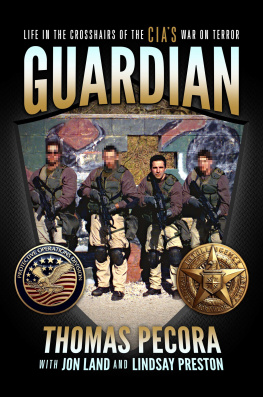


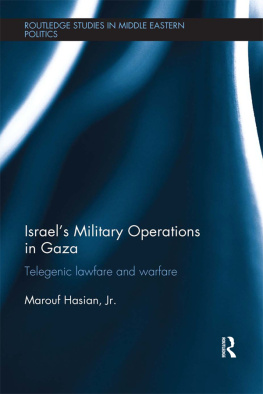
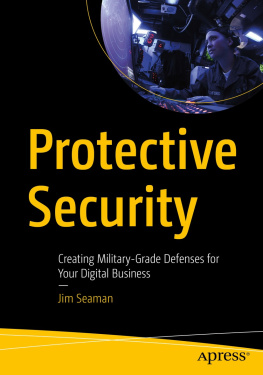

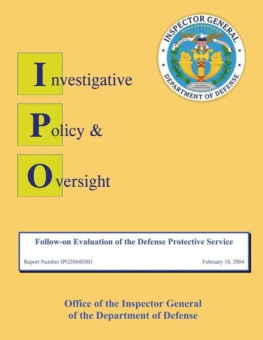
![Shipp - From the company of shadows [CIA]](/uploads/posts/book/146320/thumbs/shipp-from-the-company-of-shadows-cia.jpg)




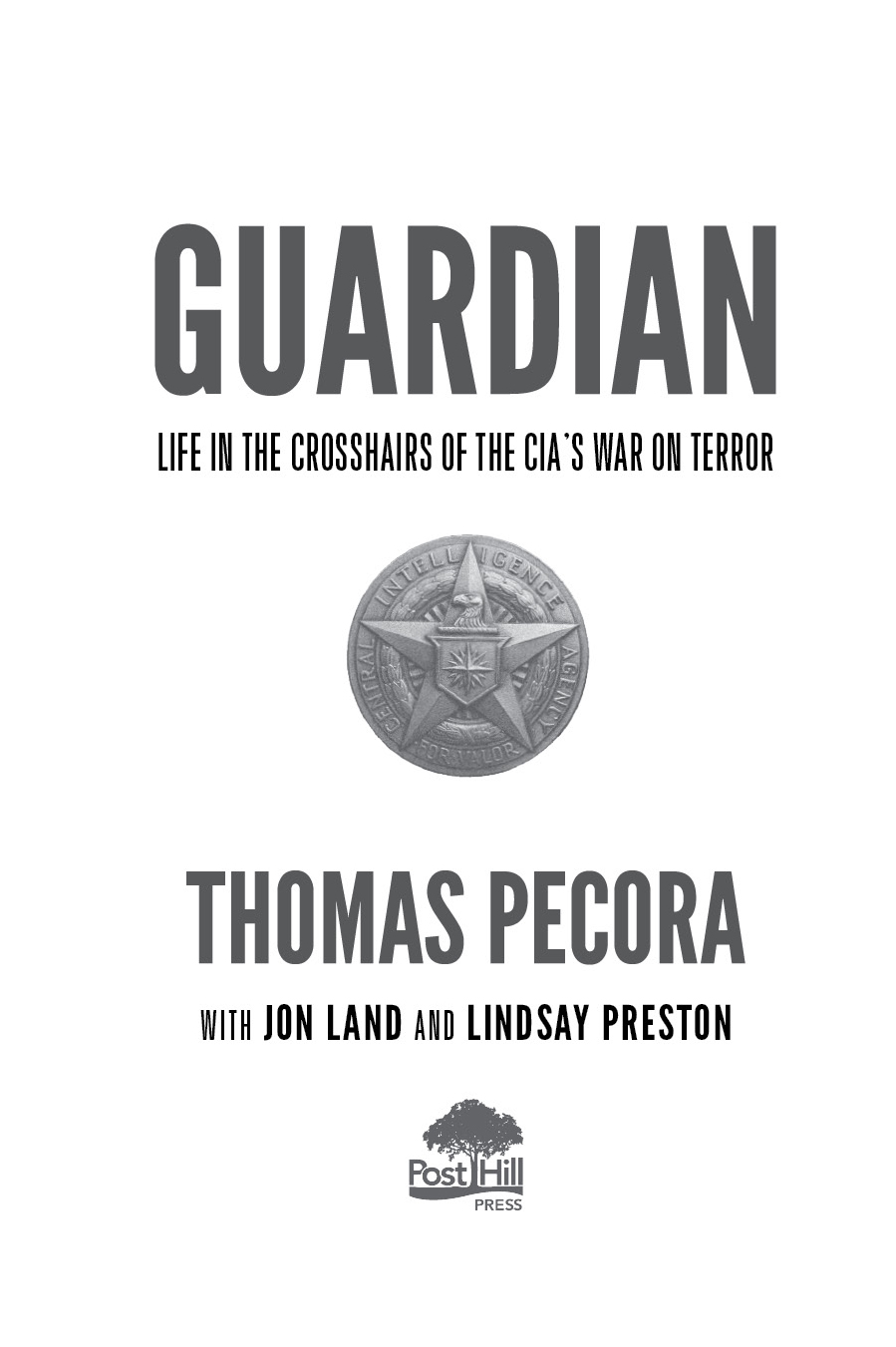

 February 1989
February 1989